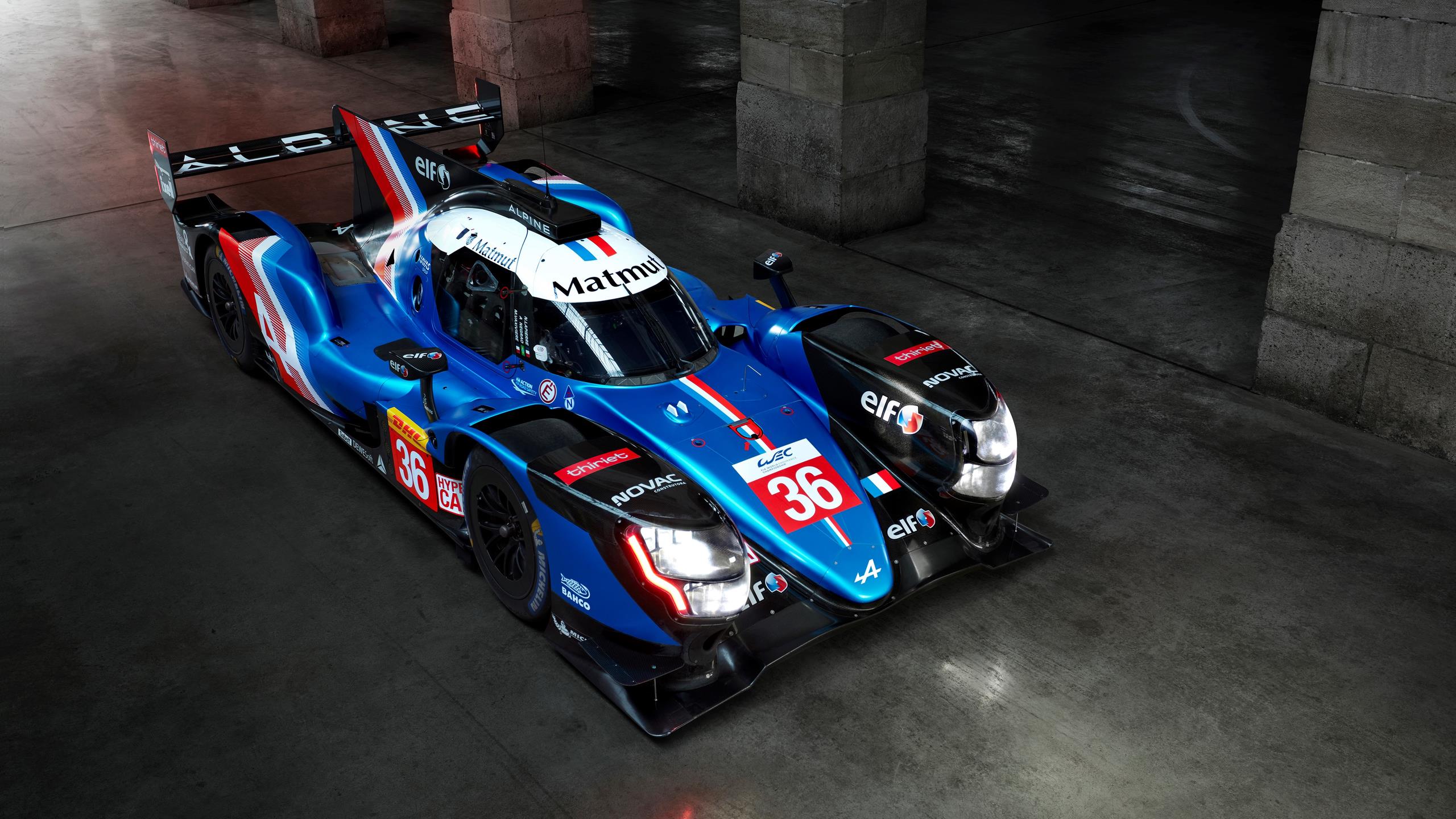
Alpine is working on a hydrogen fuel cell-powered endurance racer, with plans to debut it at the 24 Hours of Le Mans, company CEO Laurent Rossi has told Top Gear.
The French sports car brand would be targeting a Garage 56 entry, which permits a grid slot for competitors wanting to test new technologies.
“We’re looking into leveraging the Garage 56 possibility to showcase hydrogen as a fuel. We’re actively thinking about it,” Rossi told TG ahead of last weekend’s British Grand Prix.
“We’re developing the technology. Firstly, we need to make sure that it works for us, and for racing. Secondly, we need to make sure we find a suitable way to showcase it because it requires industrial grade capability. We have talked about it, with the ACO.”
The company may also demonstrate its advances in hydrogen technology with an assault on the Nürburgring lap record. “There are less visible but still remarkable ways of showcasing the technologies,” Rossi says. “For instance, we take a race car with a hydrogen fuelled engine and we go to the Nürburgring and get the record.
“Because of our duty as an engine manufacturer and PU [power unit] supplier, we have to shape the competition. Renault has shaped the competition a lot over the years [it pioneered turbocharging in 1977]. We are very actively looking into hydrogen as a fuel, because it is not incompatible with electrification. The fuel cell is one very natural outcome.”
Alpine’s interest in hydrogen hasn’t come entirely out of the blue: earlier this year it revealed the A4810 concept designed by a group of students.
“We are looking into hydrogen as a fuel, following a parallel path,” Rossi continued. “I’m just pulling a figure out of the air here, but we think electric will be 70 per cent of the car park in 2035, but not 100. It depends on usage – high payloads, high performance, very repetitive trips, for example. For us, for high performance, we believe that path could be very promising.”
He also offered a glimpse into some of the tech that the company is exploring, conceding that ever-tightening legislation and diminishing returns means that the options for internal combustion are finally running out.
Storing hydrogen is one of the biggest challenges, something parent firm Renault is currently addressing. “We are investigating new technology for tanks that are morphing all the free space in the car and can withstand the constraints associated with hydrogen storage,” Rossi explained.
“This helps speed up the development of hydrogen technology overall. That was a big obstacle, because you needed to have a trailer park behind you. Now you can use all the empty space in your car, distribute the mass differently, using reliable and sturdy materials.”
Alpine has already confirmed that it will enter the LMDh category of the World Endurance Championship in 2024, building on its partnership with Signatech. As for F1 going fully electric, Rossi reckons that’s still miles away, maybe even decades.
“It’s not ready yet. It’s still a technology that’s progressing and maturing. It’s not able to deliver the performance that F1 requires over the course of the race. Formula One is the Olympic Games of the sprint, it has to be the best of the best. At the moment, electric is not the best of the best for that sort of high performance.”